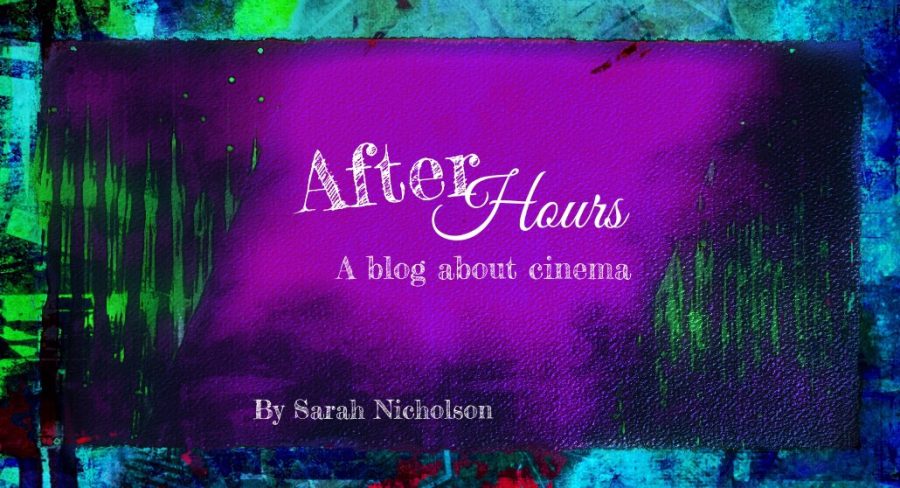After Hours: The Post
March 6, 2018
The Post has currently arrived in town and while I know it’s been awhile since its national release, I’ve decided to write about it anyway. I was interested in the movie because of the talent behind it. It was directed by Steven Spielberg, while featuring Meryl Streep as Kay Graham, the owner of the Washington Post in 1971 and Tom Hanks as Ben Bradlee, the editor of the Washington Post at the same time. I knew going into the movie that it revolved around the release of the Pentagon Papers, documents which were leaked to the press concerning the Vietnam War. I’m not a history major and Vietnam has never held my undivided attention so I knew little more than that, but being a journalist myself, I was interested.
For those who want a riveting and seat gripping ride from start to finish, this movie is not for you. That isn’t to say that there is anything wrong with that kind of movie, it’s just that this one requires that you pay attention. We have a hard time today, in the era of the instant update, paying attention to a story that doesn’t thrill or horrify from the start, but the thing is the stories that end up thrilling or horrifying, if you look at their being, often have the most innocuous starts. Such is the case for the Washington Post. We see The Post as a struggling family newspaper in the middle of a turbulent transition from a small independent paper, to a publicly optioned newspaper. Helming the transition is Kay Graham, a woman, who until the untimely death of her husband, had been a very happy house wife. Now she has been thrust into the middle of what can only be called a man’s world and it’s jarring to see her fighting to find her voice at the table. It’s her family’s business, her father’s before her, and she desperately wants to see it succeed but when the New York Times runs the first batch of leaked documents and is ordered by the United States attorney to cease and desist, Kay Graham finds herself precariously placed between holding onto her business or doing her journalistic duty as a newspaper owner.
This film focuses on one basic principal and I think it’s incredibly important. There is a duty instilled in the American free press by the constitution that encourages the press to be free and independent of governing bodies and to ethically report and inform the American people. There is a danger though that in times of peace or certainty, we get lazy and stop asking difficult questions. When this happens we are vulnerable to corruption on several levels. It would be great to be able to believe that everyone, everywhere, is working solely for the best interest of the public, but often times that is not the case. With the Pentagon Papers, previous presidential administrations to Nixon had not been scrutinized, because they were trusted, friends even, of the newspaper owners and reporters. When these papers came to light, however, they could no longer pretend that their best interest or that of the American people was ever at the for front of the decisions surrounding the Vietnam War.
The free press is the American spirit. However, flawed and imperfect as it is, and it is flawed, because we are all human no matter our office or profession, it is the one guarantee in the country that there will always be an avenue in which justice may be sought out.
The relevance of The Post and our current political climate cannot go unnoticed. Regardless of political affiliation it is imperative that we continue to ask tough and honest questions from our elected officials. If you want to see why, then by all means watch The Post, because this is more than a movie, it is an example of the dangers and potential costs of apathy rising in a society who just doesn’t want to hear anymore bad news. None of us relish a fight or upheaval, but if there is cause for one, pretending it doesn’t exist doesn’t make the battle go away, it merely ensures that you lose.
I obviously think The Post is worth seeing and if you find that you want to see another great example of the power of the free press, I highly suggest checking out Spotlight, a 2015 movie about the Boston Globes reporting of the Catholic Churches knowledge of pedophiles within their parishes. Much like the Post, Spotlight’s goal is not to dismantle an institution or tarnish a reputation, but to inform the people of gross injustices that have been committed against them, as it is their right to know.






